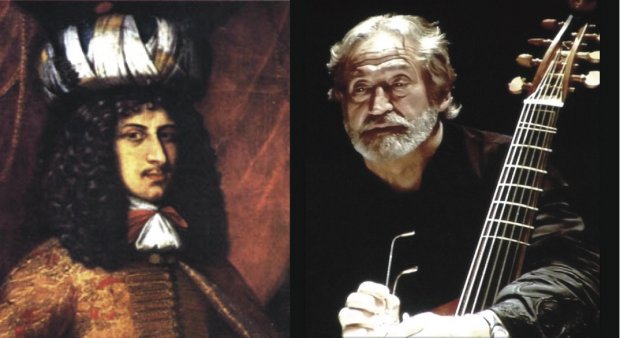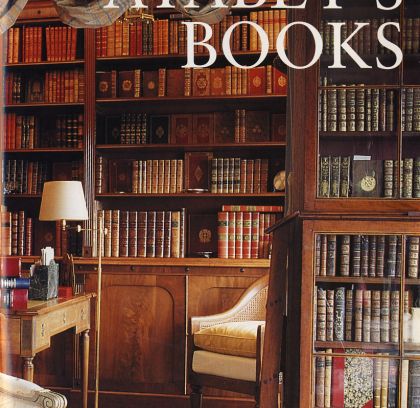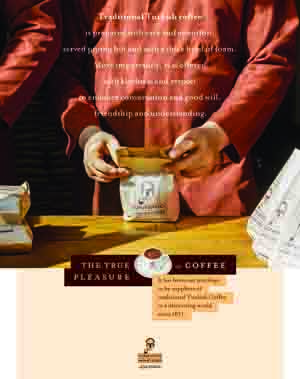The concert at the Wigmore Hall in London on Saturday (see Events), given by Jordi Savall and Hespèrion XXI, is an opportunity for a British audience to get to know more about Dimitrie Cantemir (1673–1723), whose collection of Turkish, Armenian and Sephardic works in his Book of the Science of Music are the basis of the programme.
Historian, philosopher linguist and statesman as well as a musician, Cantemir was born in Moldovia and studied music in Istanbul. Accordiing to Savall, who has done so much to stir up traditional musical sounds from around the Mediterranean, The Book of the Science of Music is “a fundamental source of knowledge concerning the theory, style and forms of 17th century Ottoman music, but also as one of the most interesting accounts of the musical life of one of the foremost Oriental countries.” Cantemir himself invented the system of notations of the 355 compositions in the collection including nine of his own, though he is known to have composed nearly forty pieces. It is, says Savall, the most important surviving collection of 16th and 17th century Ottoman instrumental music.
Cantemir had briefly succeeded his father as Prince (Voivode) of Bogdan, and later chose exile in Russia where he completed his History of the Growth and Decay of the Ottoman Empire, one of the first major works on Ottoman history, from 1300 to the siege of Vienna in 1653.
It is hard to find Cantemir's work in translation today. An early edition of the History was among the Sefik E. Atabey's fabulous collection of Ottoman books, featured in Cornucopia 14, which were sold at Sotheby’s in 2002 (see Cornucopia 26).
The History appeared in an English translation from a Latin manuscript by Nicolas Tindal MA, an historian and vicar of Great Waltham in Essex, in 1734. Though some of the English text has been disputed in recent years, it provided an important source, and perhaps even the title, for Edward Gibbon’s The History of the Decline and Fall of the Roman Empire, and has been digitised for free public use by Google.








